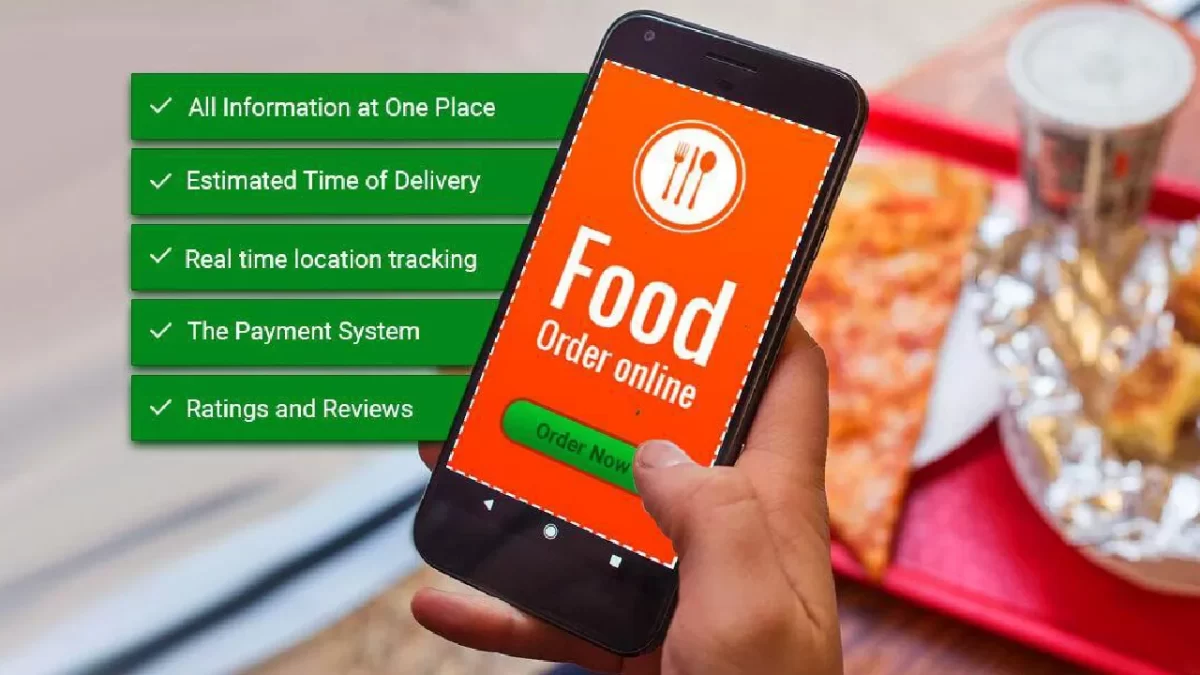Grocery Wholesale Distributors: A Key Link in the Supply Chain
Grocery wholesale distributors play a crucial role in the food supply chain, connecting manufacturers and producers with retailers, restaurants, and other businesses. These distributors purchase goods in bulk and distribute them efficiently to ensure a steady supply of food and household products. Understanding their operations, benefits, and challenges provides insight into their importance in the market.
What Are Grocery Wholesale Distributors?
grocery wholesale distributors act as intermediaries between manufacturers and retailers. They purchase products in large quantities from food producers, manufacturers, and importers, then store and distribute these goods to various businesses, including supermarkets, convenience stores, restaurants, and institutions.
These distributors handle a wide range of products, including fresh produce, dairy, meat, frozen foods, canned goods, beverages, and household essentials. They streamline logistics, ensuring that products reach stores on time and in optimal condition.
Types of Grocery Wholesale Distributors
There are different types of grocery wholesale distributors based on the markets they serve and their business models:
1. Broadline Distributors
These distributors supply a wide variety of grocery products to a diverse range of businesses. They cater to supermarkets, small grocery stores, and restaurants, offering everything from fresh produce to packaged goods.
2. Specialty Distributors
Specialty distributors focus on specific product categories such as organic foods, gourmet products, international cuisine, or health-conscious items. They serve niche markets and often have exclusive deals with specialty brands.
3. Cash and Carry Wholesalers
These wholesalers operate warehouse-style facilities where businesses can purchase goods in bulk without delivery services. Retailers and restaurant owners visit these outlets to buy products at wholesale prices.
4. Direct Store Delivery (DSD) Distributors
DSD distributors deliver products directly to retail locations, ensuring fresher inventory and reducing storage needs for retailers. This model is common for perishable goods like dairy, baked goods, and beverages.
Benefits of Grocery Wholesale Distributors
Wholesale distributors provide several advantages to manufacturers, retailers, and consumers:
1. Cost Efficiency
By purchasing in bulk, distributors negotiate better prices from manufacturers, allowing retailers to buy products at lower costs and offer competitive prices to consumers.
2. Streamlined Logistics
Distributors manage storage, transportation, and inventory, reducing the burden on retailers. Their supply chain expertise ensures efficient and timely delivery.
3. Product Variety
Retailers can access a diverse range of products from different manufacturers without needing to establish direct relationships with multiple suppliers.
4. Risk Management
Wholesalers help manage inventory risks by offering flexible order quantities and reducing retailers’ need for large storage spaces.
Challenges Faced by Grocery Wholesale Distributors
Despite their advantages, wholesale distributors also encounter several challenges:
1. Supply Chain Disruptions
Issues such as transportation delays, labor shortages, and global supply chain disruptions can impact product availability and delivery schedules.
2. Rising Operational Costs
Fuel prices, warehousing expenses, and labor costs continue to rise, affecting profitability. Distributors must optimize operations to remain competitive.
3. Regulatory Compliance
Food safety regulations, labeling requirements, and import/export restrictions require wholesalers to stay compliant with industry standards.
4. Technological Adaptation
The rise of e-commerce and digital platforms has changed the way businesses order supplies. Distributors must invest in technology to streamline online ordering and inventory management.
The Future of Grocery Wholesale Distribution
The grocery wholesale industry is evolving with advancements in technology and shifts in consumer behavior. Key trends shaping the future include:
1. Digital Transformation
More wholesalers are adopting online platforms, mobile apps, and automated inventory management systems to enhance efficiency and customer experience.
2. Sustainability Initiatives
Eco-friendly packaging, energy-efficient transportation, and waste reduction efforts are becoming priorities for distributors aiming to meet environmental standards.
3. Direct-to-Consumer Models
Some wholesalers are exploring direct-to-consumer (DTC) models, allowing consumers to buy bulk groceries online at wholesale prices.
4. Expansion of Organic and Health-Conscious Products
With increasing demand for organic, non-GMO, and plant-based foods, specialty distributors focusing on these segments are experiencing growth.
Conclusion
Grocery wholesale distributors are an essential part of the food supply chain, ensuring that products reach retailers efficiently and cost-effectively. While they face challenges such as supply chain disruptions and rising costs, innovations in technology and sustainability are driving the industry forward. As the market continues to evolve, distributors who adapt to changing consumer demands and digital advancements will remain competitive and thrive in the industry.










